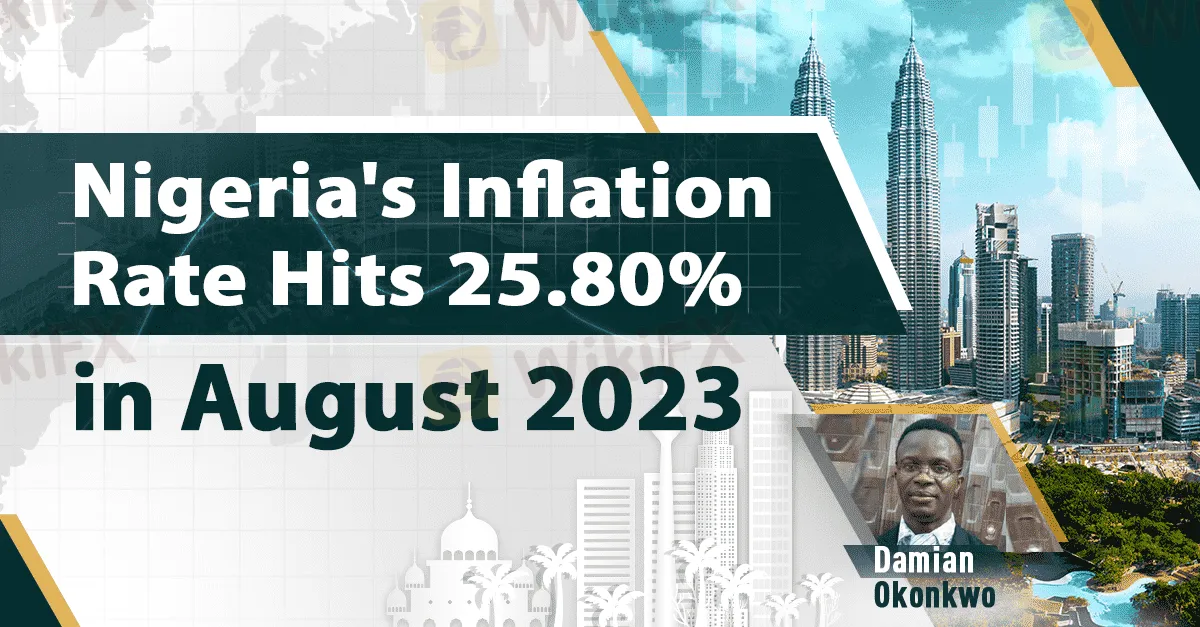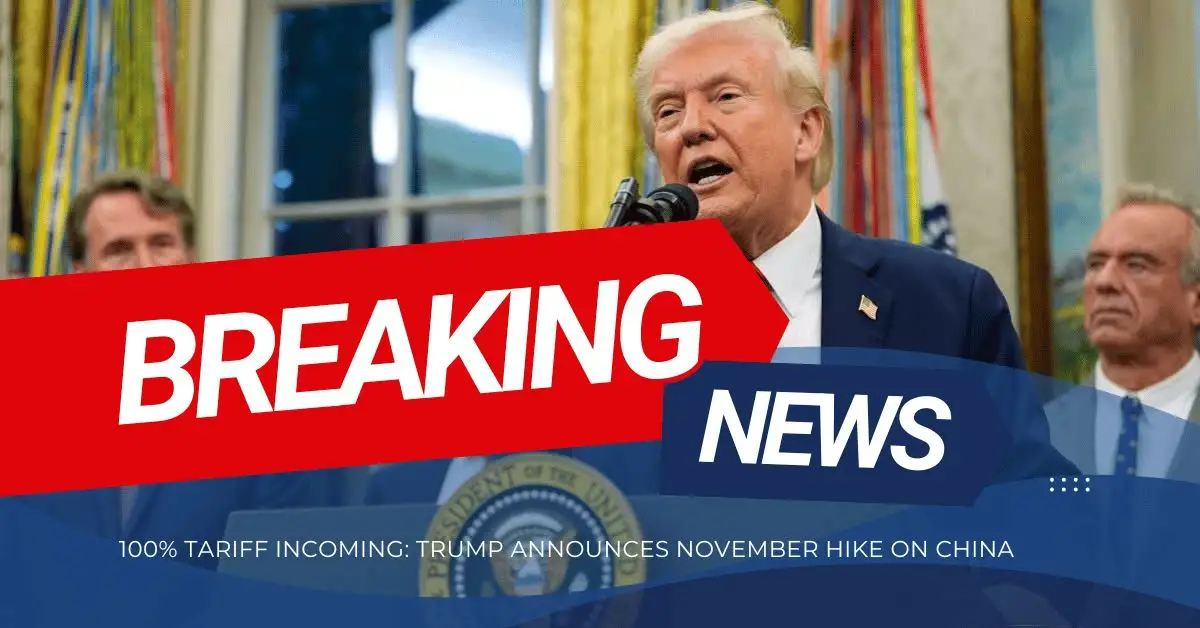Abstract:Nigeria's inflation rate soared to 25.80% in August 2023. This marked the highest level of inflation since September 2005.

By: Damian Okonkwo

Nigeria's inflation rate soared to 25.80% in August 2023, according to the National Bureau of Statistics (NBS). This marked the highest level of inflation in Nigeria since September 2005.
The increase in inflation is driven by a rise in the prices of food and non-alcoholic beverages, which rose by 29.34% in August compared to the 26.98% recorded in the previous month. The prices of transport, housing, water, electricity, gas, and other fuels also rose significantly.
The high increase in the inflation rate has been attributed to many factors, including the removal of petrol subsidies, the unification of the foreign exchange market rate, and the ongoing war in Ukraine.
The high inflation rate no doubt is having a significant impact on Nigerians, particularly the poor and vulnerable. Many people are struggling to afford basic necessities such as food and shelter.
The Central Bank of Nigeria (CBN) has been raising interest rates in an attempt to curb inflation. However, the CBN has warned that it could take some time for these measures to have an impact.
The high inflation rate is also a major concern for the Nigerian government, which is facing many economic challenges. The government has said that it is committed to addressing the issue of inflation, but it is unclear how it will do so.
What does this mean for Nigerians?
The high inflation rate means that the purchasing power of Nigerians is declining. In other words, Nigerians can buy less with the same amount of money than they could before. This is particularly harmful to the poor and vulnerable, who are struggling to afford basic necessities such as food and shelter.
The high inflation rate is also a major concern for businesses. Businesses are facing higher costs for inputs and labor, which is making it difficult to operate profitably. This could lead to job losses and slower economic growth.
The government is under pressure to address the issue of inflation. However, it is unclear how it will do so. The government has limited fiscal resources, and it is already facing many other economic challenges.
What can Nigerian businesses do to mitigate the impact of inflation?
Nigerian businesses can take many steps to mitigate the impact of inflation, including:
● Increasing prices to pass on the cost of inflation to consumers. However, this can lead to a loss in market share if competitors do not increase their prices.
● Reducing costs to improve profitability. This can be done by cutting costs, such as labor and raw materials, or by improving efficiency.
● Hedging against inflation using some financial instruments, such as forex, futures contracts, and options. However, this requires a deep mastery of the processes before venturing into them.
● Investing in assets that are expected to appreciate during times of inflation, such as real estate and precious metals. However, this can be risky.
What can Nigerian households do to protect themselves from inflation?
Nigerian households can take many steps to protect themselves from inflation, including:
● Budgeting carefully to track income and expenses.
● Investing in assets that are expected to appreciate during times of inflation, such as real estate and precious metals. However, this can be risky.
● Reducing debt to improve financial flexibility.
● Looking for ways to increase income.
Conclusion
Nigeria's high inflation rate is a serious challenge for the country's economy and Nigerian households. The Nigerian government and businesses need to take steps to address the root causes of inflation and mitigate its impact on the economy and people's lives.











